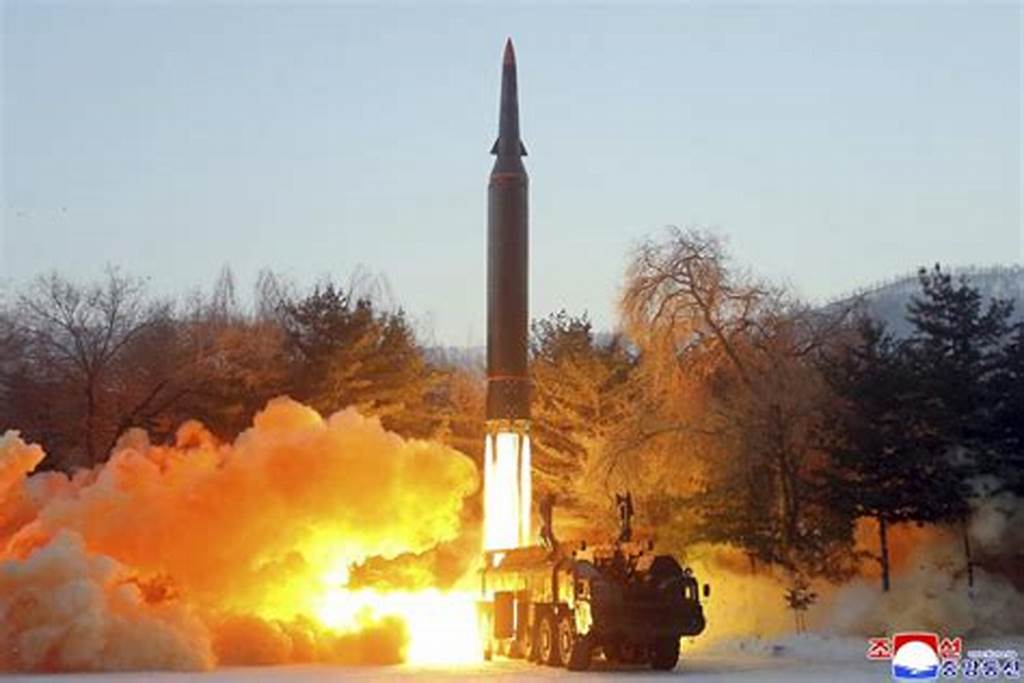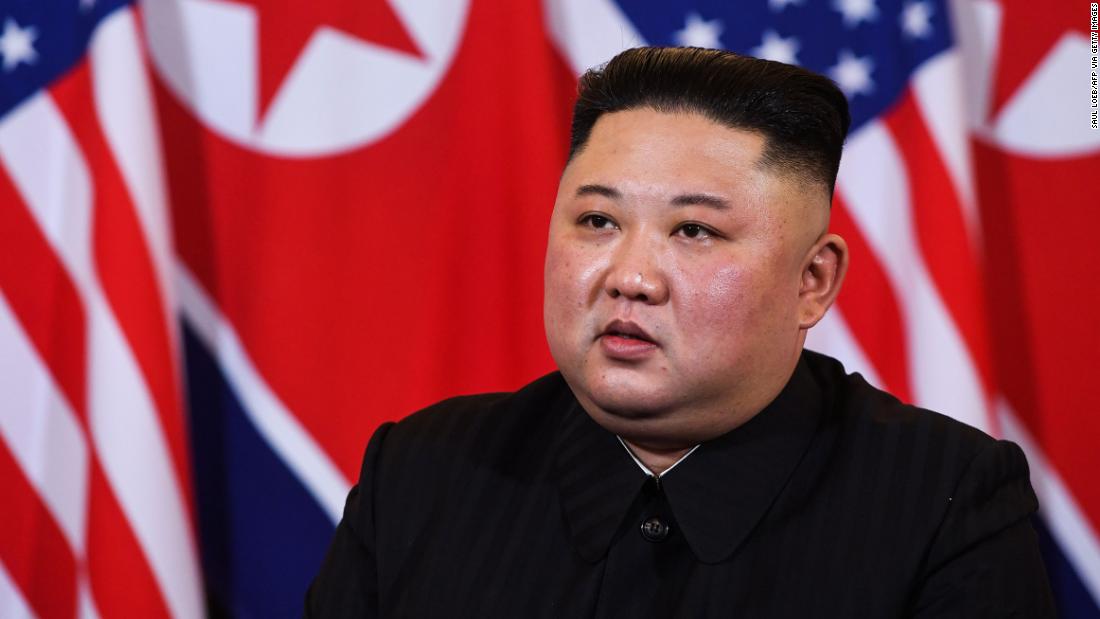Kim Jong Un Oversaw North Korea’s Hypersonic Missile Test, State News Reports
North Korea’s recent announcement of a successful test-firing of a new hypersonic intermediate-range missile, named the Hwasong-16B, has sparked heightened concerns and condemnation from neighboring countries and the international community. The state news agency KCNA reported on Wednesday that the test launch was overseen by the country’s leader, Kim Jong Un, who hailed the missile as a strategic advancement showcasing the “absolute superiority” of North Korea’s defense technology.
This latest missile test is a significant escalation in North Korea’s ongoing efforts to bolster its weapons capabilities despite international sanctions and condemnation. The Hwasong-16B, powered by solid propellants and equipped with a hypersonic warhead, represents a key milestone in Kim Jong Un’s plan to utilize solid fuel to power missiles of all ranges. The test underscores North Korea’s determination to continue expanding its arsenal and developing more sophisticated weapons systems.

The launch drew swift condemnation from neighboring South Korea and Japan, as well as from the United States, which have expressed deep concern over North Korea’s provocative actions and the potential threat posed by its advancing missile technology. The international community has long called for North Korea to abandon its nuclear weapons program and engage in meaningful dialogue to achieve peace and stability in the region.
Analysts believe that North Korea’s focus on developing solid-fuel missiles is aimed at enhancing its ability to conceal and rapidly deploy its missile arsenal, making it more difficult for neighboring countries and the United States to detect and respond to potential threats. The pursuit of hypersonic technology further complicates efforts to defend against North Korea’s missile capabilities, as hypersonic missiles travel at speeds exceeding five times the speed of sound and can maneuver unpredictably during flight.
While North Korea claims to have achieved nuclear weaponization of its missiles, the international community remains deeply concerned about the implications of its continued weapons testing and provocative actions. The United States and South Korea have responded by increasing joint military exercises and bolstering their deterrence strategies to counter the growing threat posed by North Korea’s advancing missile program.
As tensions in the region continue to escalate, the international community faces the challenge of addressing North Korea’s provocative actions while seeking to maintain peace and stability in Northeast Asia. Efforts to denuclearize North Korea and achieve lasting peace on the Korean Peninsula remain a top priority for the international community.








